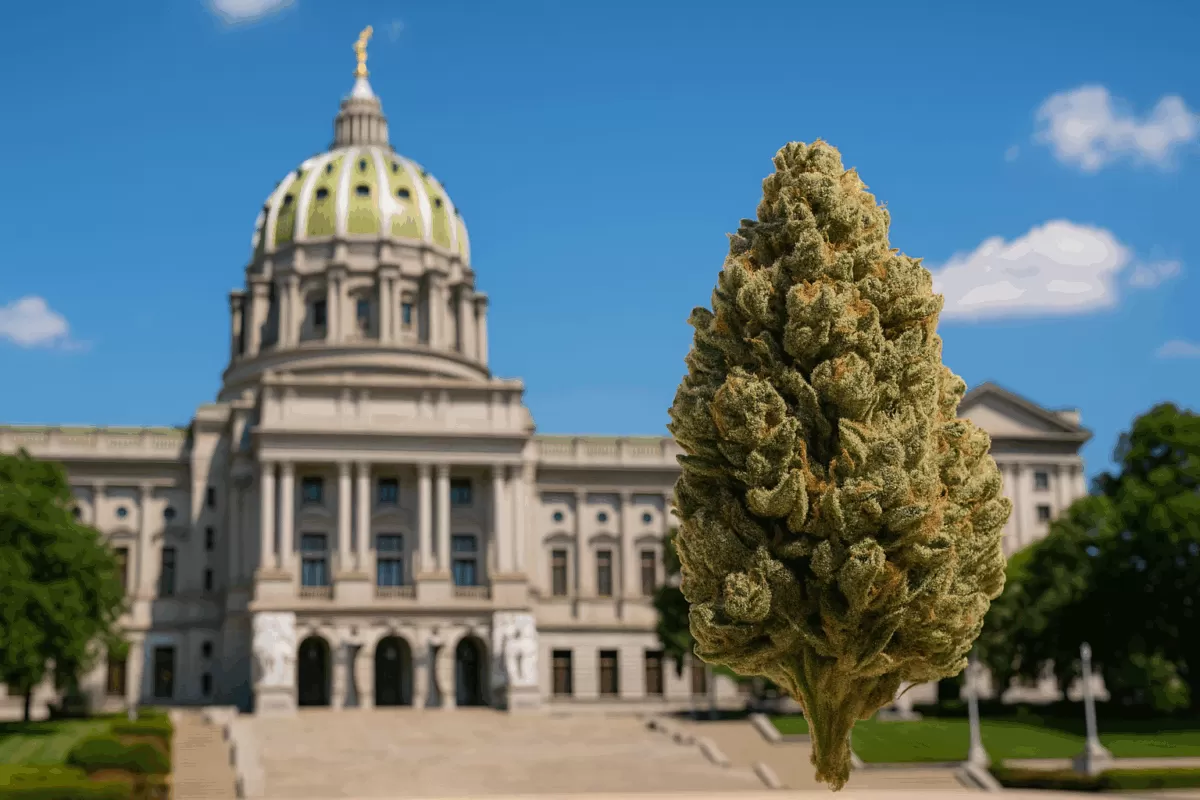There is a case in federal court that could have a serious impact on the U.S. cannabis industry. It is an appeal filed by Big Weed. Big Weed’s agenda is to desecrate any government plan to prevent potential legalized marijuana opportunities that would benefit the disenfranchised, and those most damaged by the war on drugs.
Cannabis legalization allegedly promotes jobs, tax revenue, and great restorative benefits in our communities. The dream was to empower entrepreneurs with prior criminal cannabis histories, and those who have lived in high arrest areas. These individuals were expected to see some deserved return from an estimated $20 to $50 billion cannabis windfall.
Unfortunately, legalization has not fulfilled the dream, and a federal judgment could change the restorative cannabis vision, across the country, permanently.
Maine and Georgia recently attempted to impose residency licensing requirements in their states. In Maine, medical and recreational cannabis licenses would only be distributed to entrepreneurs who met the requirement.
Big Weed, however, wants to silence residency protections in those states, and across the country. One of Maine’s largest cannabis producers, Wellness Connection of Maine, has put a lot of time and money into overturning the state’s plan. (Not the first time Big Business used the court to stop potential competition and build an oligopoly.)
So far, Wellness Connection of Maine is succeeding. In 2020, Wellness Connection, backed by big investment, went to court, and won. If we follow the breadcrumbs the trail leads to New York financiers and the Canadian stock exchange. Undoubtedly, this is a blow to the entire US market.
Based on Wellness’ claim, the lower court took the side of Big Weed, and threw out the state’s residency policy. In the judge’s opinion, residency requirements violate the Constitution’s dormant commerce clause. That clause protects the right to regulate interstate commerce via the federal government.
Acreage Holdings — formerly Wellness Connection of Maine — wants to ensure Big Weed maintains its grasp of the industry.
Sidelining the residency requirement puts local entrepreneurs further behind the 8-ball. They are already restricted by the cost of licensing, excluded from the traditional banking structure, and faced with an inability to secure financing because weed is “illegal” on the federal level. Additionally, government-proposed programs only help tangle many in bureaucracy.
If Big Weed wins its appeal, it almost guarantees the continued growth of the industry for the select few who have already captured a dominant foothold in the market – namely the new and old white male elite. With the venture capital to sidestep any barrier, their holdings firmly outpace people of color. Confronted by blatant hypocrisy, many undaunted but disenfranchised entrepreneurs may return to underground operations, leaving them at risk of the very scrutiny that legalized marijuana should minimize.
The appeal process is still on the court’s calendar. Legal cannabis around the country is waiting and watching, aware that an appellate ruling favoring Big Weed will establish a national precedent against residency requirements. In fact, the challenges have gained momentum. Currently, Georgia Atlas is suing to overturn the state’s legislation which governs residency policy – the Hope Act. The complainants, in a tell all move, cited the Maine ruling to support their argument.
Indeed, a growth of residency laws has promised to hinder the impact of large out of state cannabis operations on local economies.However, Big Weed is not going to give up easily. If locals do get any advantage in the business, Big Weed will likely claw and scratch to block the effort.












